Integration of Faith and Technology: Insights from a Christian Perspective
Reflecting on my life’s tapestry, woven with threads of technology, travel, and profound personal challenges, I’ve encountered an unexpected harmony between the empirical realm of science and the transcendent domain of faith. This article explores how my Christian perspective has harmoniously integrated with my technological expertise, particularly in the realm of artificial intelligence and machine learning.
Embracing Doubt as a Stepping Stone
My early skepticism, fueled by my scientific background, led me to question the very essence of belief. However, I’ve discovered that doubt is not an adversary to faith but a catalyst for deeper understanding and certainty. “Faith is the assurance of things hoped for, the conviction of things not seen,” (Hebrews 11:1). This biblical insight has encouraged me to embrace doubt, using it as a foundation for exploring the profound questions at the intersection of faith and reason.
<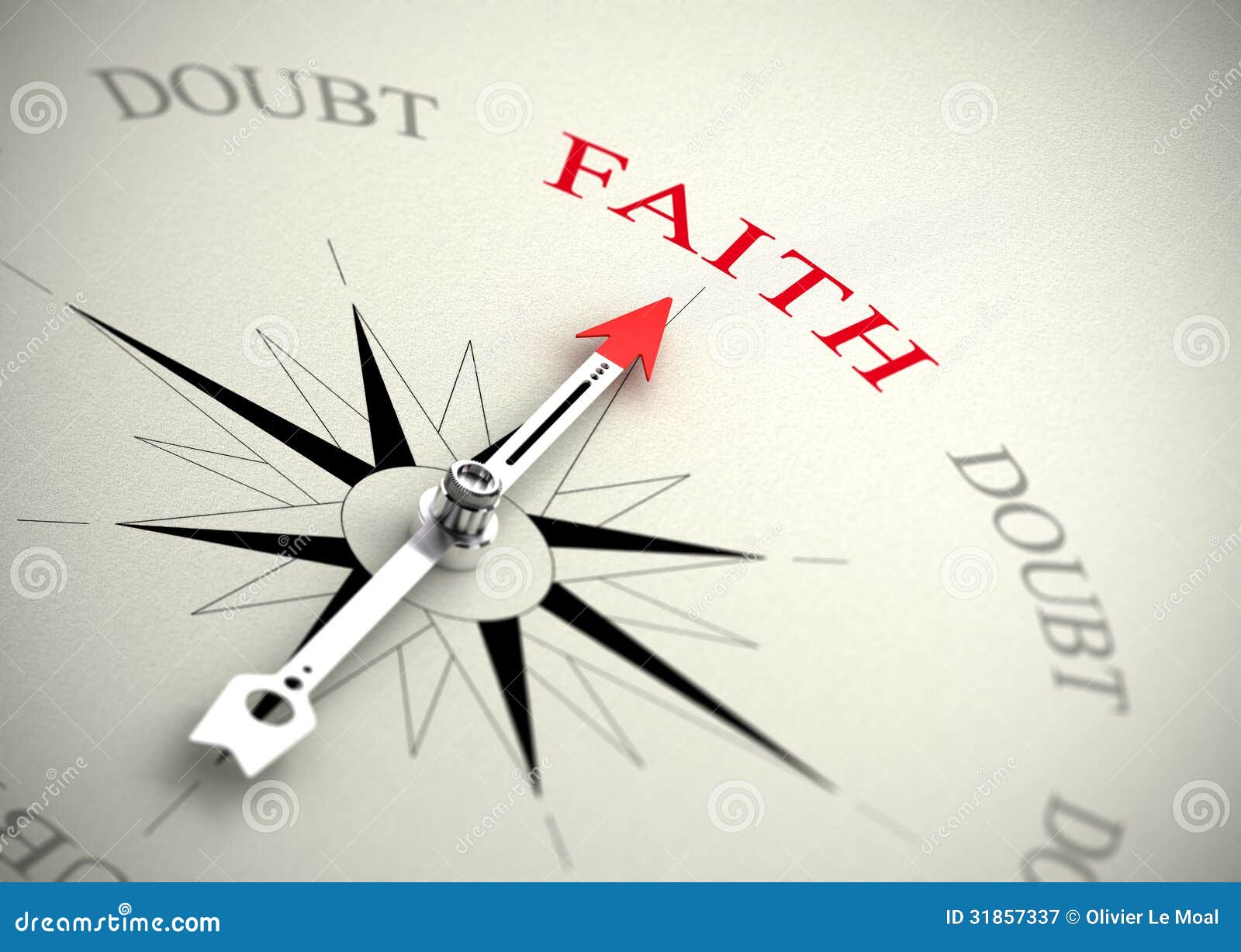 >
>
The Universe’s Divine Code
Working with algorithms has magnified my awe for the Creator, seeing His fingerprints in the intricate and orderly laws governing our universe. The elegance and complexity of creation, far from shaking my faith, have only deepened it, drawing me closer to the divine intelligence behind everything. This perspective aligns with the thoughts expressed in previous articles on the intersection of faith and technology, which advocate for a dialogue grounded in biblical ethics.
Technology and Stewardship
My career instilled in me a profound sense of responsibility towards God’s creation. As Christians, we are called to stewardship of the earth, reflecting God’s care and love through our actions, including our technological advancements. This dual commitment is echoed in discussions on Biblical ethics in technology, highlighting the need for sustainable and ethical innovation.
<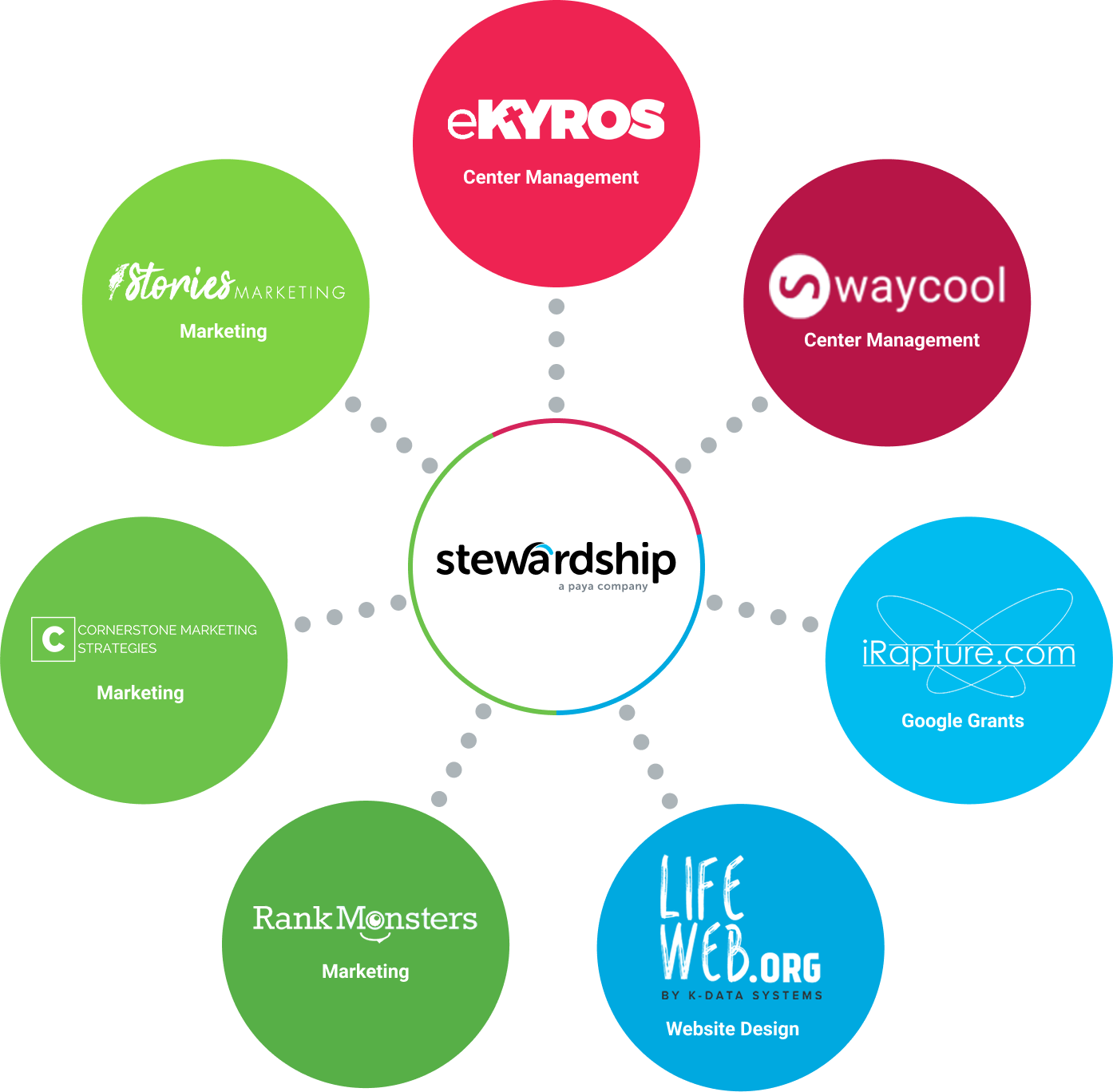 >
>
A Call to Social Justice
Encountering poverty and injustice during my travels compelled me to reflect deeply on the Christian mandate for social justice. Engaging with communities in need, I’ve found a profound sense of purpose in being an agent of change. This calling resonates with the insights shared in Christian Ethics in Modern Society: Navigating Social Justice, where the application of biblical teachings to contemporary challenges is crucial for advocating justice, mercy, and compassion.
The Journey of Forgiveness
A profound personal betrayal led me down a challenging path towards forgiveness, testing the limits of my heart’s capacity to forgive. This journey, while arduous, taught me the true essence of Christ’s teachings on forgiveness and grace. The healing power of forgiveness, as discussed in the context of Christian community and fellowship, is vital for personal growth and spiritual renewal.
<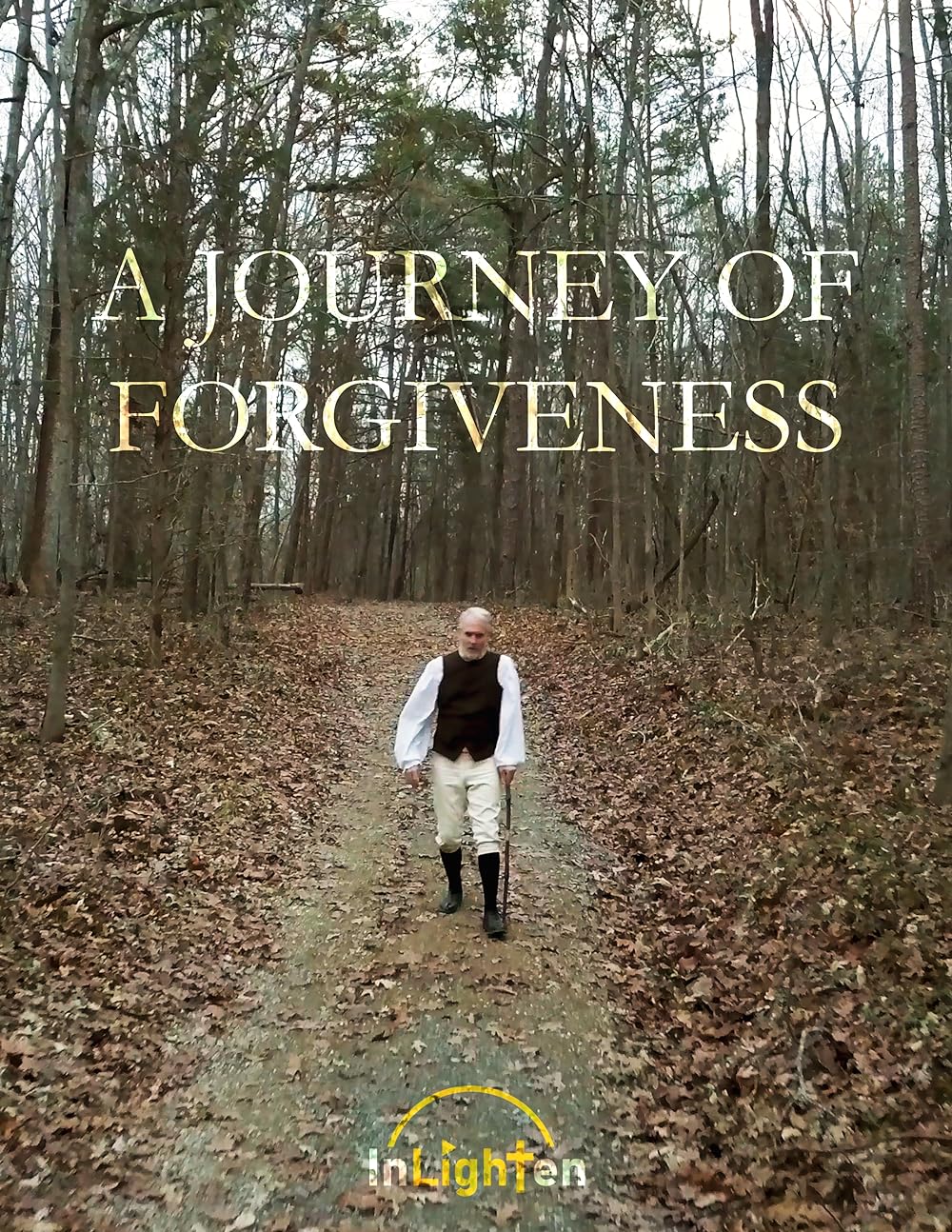 >
>
Future Perspectives
As we stand at the brink of significant technological advancements, including AI, I remain cautiously optimistic. If guided by Christian ethical principles, technology holds the potential to heal, uplift, and connect humanity in unprecedented ways. Yet, it’s essential to remain vigilant, considering the moral and spiritual implications of our progress.
Concluding Thoughts
I am convinced that the integration of faith and technology, rather than being contradictory, can lead to a fuller understanding of both our spiritual journey and our stewardship of God’s creation. In the spirit of open dialogue and collective growth, I encourage us to embrace the complexities of this modern world with faith and reason as our guides.
Focus Keyphrase: Integration of Faith and Technology
<
>
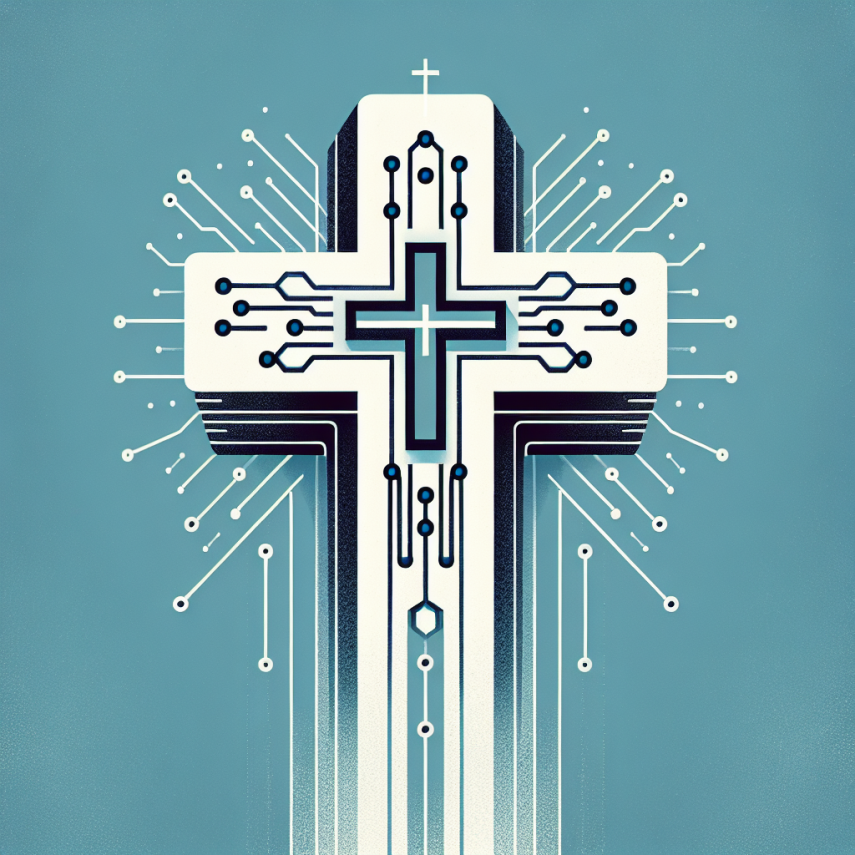
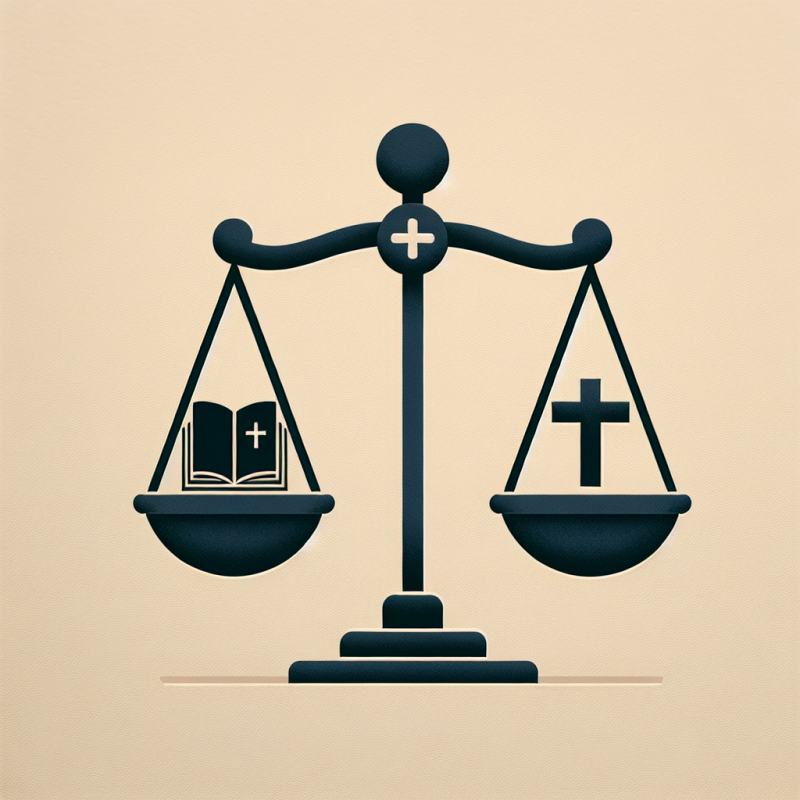

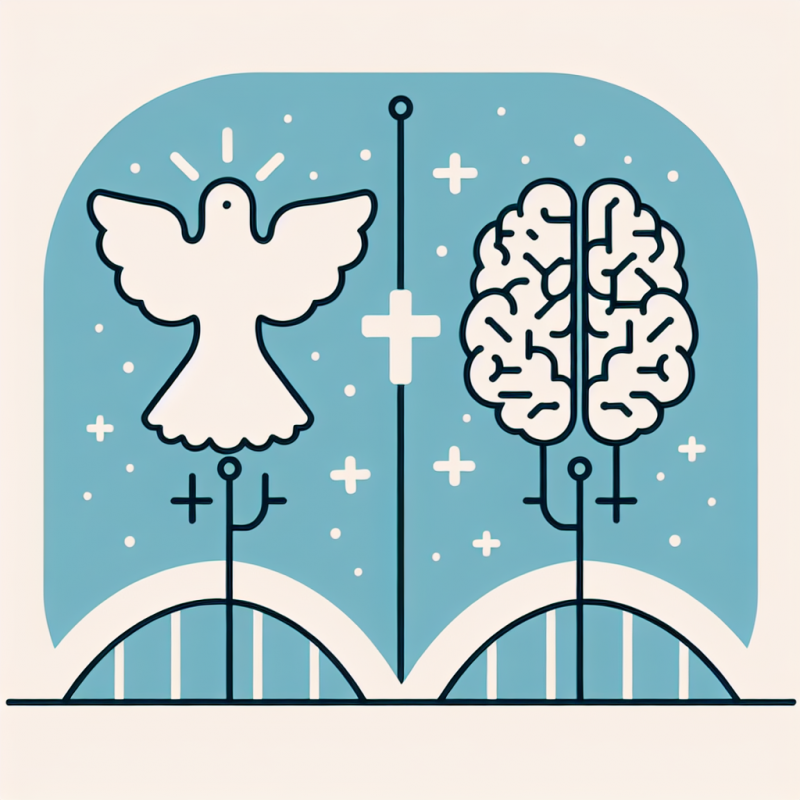
Thank you for taking the time to read my reflections on the Integration of Faith and Technology. This article was born from my personal journey crossing paths with technological advancements and facing moral questions they raise. My hope is to encourage a faith-driven approach to modern technology, emphasizing stewardship, ethics, and social justice. I believe that by embracing both faith and reason, we can navigate the complexities of this era with wisdom and grace.
As a history teacher deeply invested in both social justice and the richness of my cultural faith traditions, this article struck a chord. Often, discussions around technology feel starkly secular or ethically neutral, so your perspective was refreshing. I’m intrigued by the idea of aligning technological advances with Christian ethics, especially regarding inclusivity. How do you envision this integration influencing the role and representation of women both within technological fields and broader church leadership?